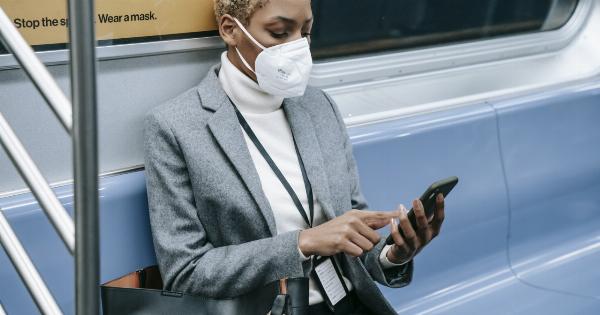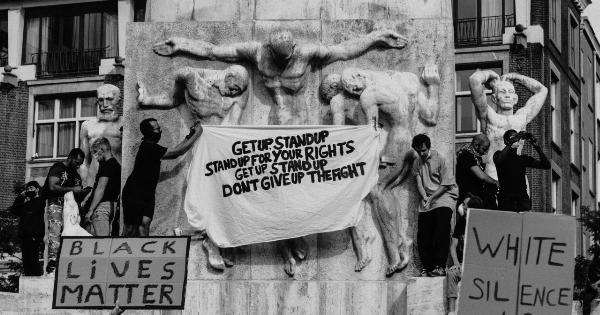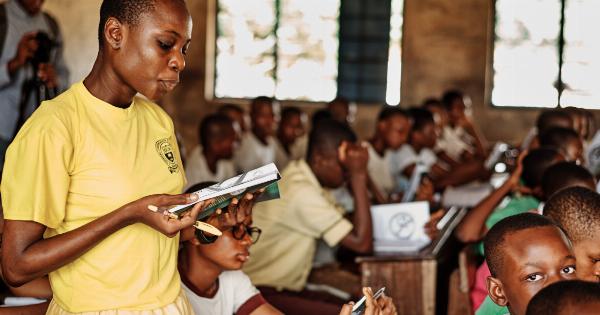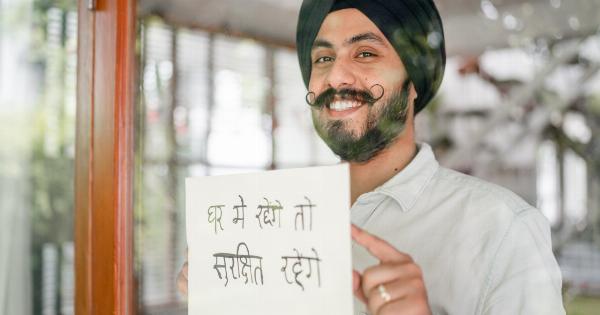The COVID-19 pandemic has brought the world to its knees since it first emerged in Wuhan, China in December 2019.
As countries across the globe grapple with its spread and its impact on healthcare systems, economies, and societies, many experts have assessed China’s pandemic evolution and response. Elias Mosialos, a leading global health scholar and professor at the London School of Economics and Political Science, has shared his views on how China has managed the pandemic.
Background
Before delving into Mosialos’ perspective on China’s pandemic evolution, it is crucial to understand the context of the pandemic. As of September 2021, more than 220 million cases have been reported worldwide, with over 4.5 million deaths.
China has been credited with containing the virus’s initial outbreak and preventing it from spreading further beyond its borders. However, as COVID-19 swept across the world and became a global pandemic, questions have been raised about China’s transparency, early response, and handling of the outbreak.
Mosialos’ Views on China’s Pandemic Response
Mosialos has commended China’s efforts to control the virus’s spread, particularly in the early stages of the outbreak.
In an interview with CNBC, Mosialos stated that China’s “strong government capacity” enabled it to contain the pandemic relatively quickly. He also praised China’s use of public health tools such as contact tracing, lockdowns, and travel restrictions, which have been instrumental in curbing the virus’s spread in other countries.
Furthermore, Mosialos acknowledged China’s contribution to the development of COVID-19 vaccines. China has supplied roughly half of the world’s vaccines, with its Sinopharm and Sinovac vaccines being widely used in many countries.
Transparency and Early Response
However, Mosialos has also raised concerns about China’s transparency and early response to the pandemic.
In an article for the Financial Times, Mosialos noted that “there were significant delays in China’s public release of information” about the virus and its severity. He argued that the government’s lack of transparency and suppression of whistleblowers hindered the international community’s ability to prepare for the pandemic, exacerbating its devastating impact.
Mosialos also criticized China’s initial reaction to the outbreak, which involved punishing doctors and journalists who tried to raise alarms about the virus’s spread.
He argued that such measures “undermine public health” and hinder the sharing of essential information necessary to control epidemics.
Conclusion
In conclusion, Mosialos’ take on China’s pandemic evolution is nuanced. He has lauded the country’s efforts to control the pandemic and its contribution to vaccine development.
However, he has also raised concerns about China’s transparency and early response, stressing the importance of transparency and early response in managing pandemics. As the world continues to grapple with the pandemic’s aftermath, it is paramount that countries learn from China’s experience and work towards a more coordinated and effective global response to pandemics.




























